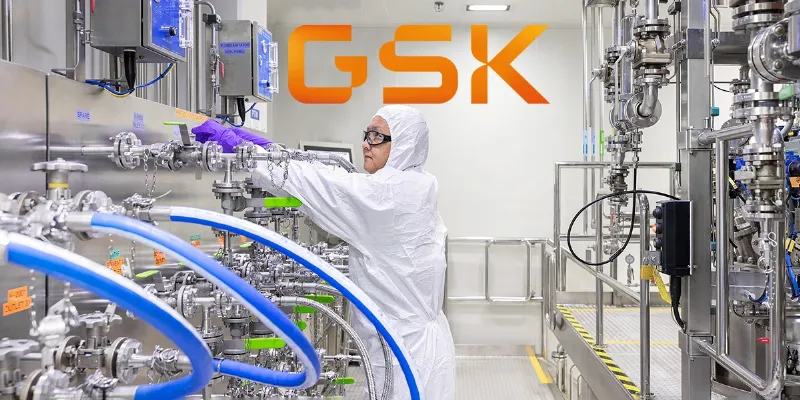AstraZeneca's $2.4 Billion Strategic Move: Acquiring Fusion for Radiopharmaceutical

19 March 2024
AstraZeneca has announced its acquisition of Fusion Pharmaceuticals in a deal potentially reaching up to $2.4 billion. This strategic acquisition is poised to bolster AstraZeneca's position in the oncology sector, introducing a new era of targeted cancer treatments. This bold step promises to surpass the efficacy of traditional therapy by using radioconjugates to target cancer with precision.
Fusion Pharmaceuticals, recognized for its innovative approach to cancer treatment, specializes in next-generation RCs. These advanced therapies deliver radioactive isotopes directly to cancer cells with unparalleled precision, using targeting molecules like antibodies, peptides, or small molecules. This method not only minimizes damage to healthy cells but also reaches tumors that are inaccessible via external beam radiation.
Central to this acquisition is Fusion's leading program, FPI-2265, aimed at treating metastatic castration-resistant prostate cancer (mCRPC) by targeting the prostate-specific membrane antigen (PSMA). PSMA is prevalent in mCRPC cells, making FPI-2265 a promising candidate for addressing this challenging condition. The compound is currently undergoing a Phase II trial, and its progress is keenly watched by the medical community.
Susan Galbraith, Executive Vice President of Oncology R&D at AstraZeneca, emphasized the transformative potential of the acquisition, highlighting the ambition to shift the paradigm of cancer care towards more targeted and effective treatments. “Together with Fusion, we have an opportunity to accelerate the development of FPI-2265 as a potential new treatment for prostate cancer, and to harness their innovative actinium-based platform to develop radioconjugates as foundational regimens.”
Fusion's incorporation into AstraZeneca not only expands the latter’s oncology portfolio but also integrates cutting-edge R&D, manufacturing, and supply chain capabilities for actinium-based RCs. This merger is expected to strengthen AstraZeneca's commitment to innovative cancer treatments and sustain its competitive edge in the fast-evolving radiopharma oncology space.
John Valliant, CEO of Fusion, said: “This acquisition combines Fusion’s expertise and capabilities in radioconjugates, including our industry-leading radiopharmaceutical R&D, pipeline, manufacturing and actinium-225 supply chain, with AstraZeneca’s leadership in small molecules and biologics engineering to develop novel radioconjugates.”
This move by AstraZeneca follows a trend of significant investments in the radiopharmaceutical sector by major industry players, such as Eli Lilly's acquisition of Point Biopharma and Bristol Myers Squibb's purchase of RayzeBio. It underscores the growing recognition of radiopharmaceuticals as a critical frontier in cancer treatment, promising to deliver more effective, targeted therapies with reduced side effects compared to conventional treatment modalities.
The transaction will see AstraZeneca acquiring all outstanding shares of Fusion, with an initial payout of $21.00 per share in cash, plus a contingent value right of $3.00 per share upon reaching a specified regulatory milestone.
As AstraZeneca prepares to integrate Fusion into its fold, the focus remains on harnessing the potential of radioconjugates to offer new hope and better outcomes for patients battling cancer. The expected completion of the transaction in the second quarter of 2024 marks a significant milestone in the oncology sector.
About FPI-2265
FPI-2265, an actinium-225 based radioconjugate targeting PSMA for metastatic castration-resistant prostate cancer (mCRPC), is in Phase II trials. Actinium-225 emits alpha particles, offering a cutting-edge approach in cancer treatment by delivering intense radiation doses over short distances. This method promises more effective cancer cell destruction with precise targeting, significantly reducing harm to surrounding healthy tissues and setting a new standard in oncology.











Comments
No Comments Yet!